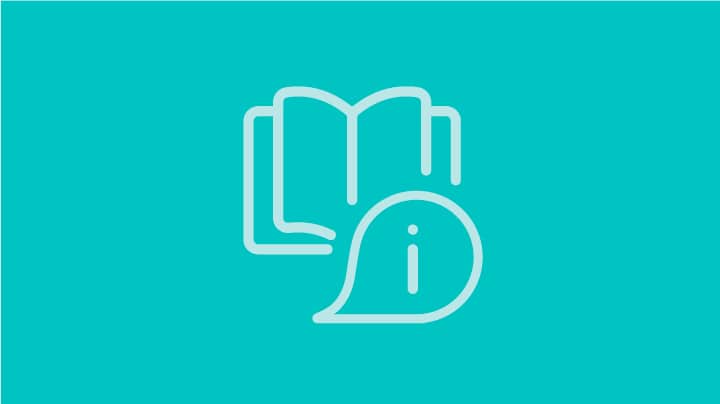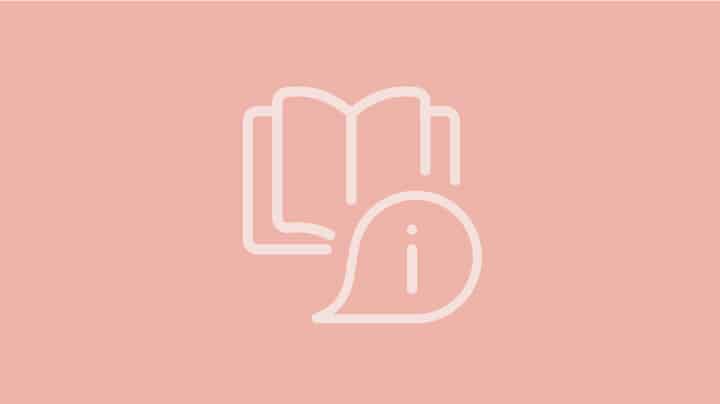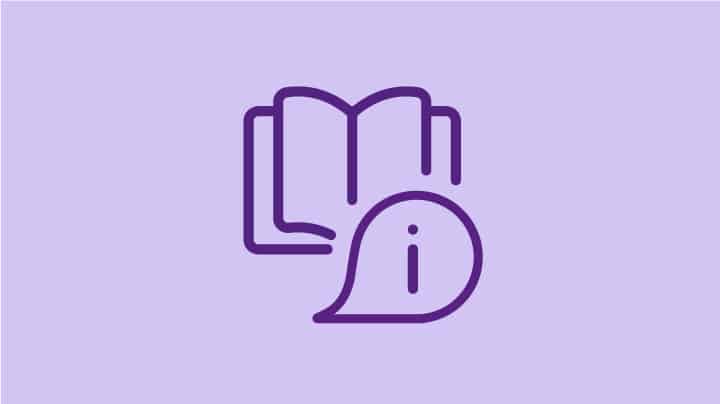Our therapy services – for sexual abuse survivors of all ages
Sexual abuse can affect children, young people and adults in countless different ways. Our specialist therapists are experienced at working with all three age groups to help them to heal the trauma of sexual abuse.
We believe that counselling and psychotherapy can be important supports as a survivor heals. We work with each client in an age-appropriate way to heal the trauma of sexual abuse and to help them develop the interpersonal skills and resources that can be damaged or disrupted by sexual violence.
Our therapists are trained in a variety of therapeutic approaches so that therapy can be tailored to each client’s individual needs. If you, or someone you love, is ready to seek help to recover from sexual abuse, please get in touch with us on 0800 623 1700. It’s never too late to get help.
Therapy for children and families
HELP’s Child & Family Therapy service works with the whole family. Our specialist child therapists help children to recover from the experience of abuse, and work with families to develop an emotionally safe environment to aid your child’s recovery and prevent any further abuse.
To learn more about our child & family therapy service, please read the FAQs below, call us on 0800 623 1700 or email us.
FAQs
Therapy for young people
HELP’s Youth Therapy service is tailored for young people and the people they have significant relationships with, such as friends, family members and caregivers.
Some young people who have experienced sexual abuse feel overwhelmed at the thought of seeking help and support, especially talking about it is so personal. But you don’t have cope with your experiences and feelings on you own – HELP’s trained counsellors are here to support you.
Available in some secondary schools or in our offices, our confidential counselling provides a safe space to explore and understand your thoughts, feelings and experiences, with someone who listens and understands. It can help you begin to heal the harm and move forward with your life.
HELPful FAQs
Therapy for adults
HELP’s Adult Therapy service supports adult survivors of sexual abuse and rape, whether the abuse was recent or whether it occurred as a child, teen or adult. Our service particularly caters for those with complex needs.
Some adult survivors feel overwhelmed at the prospect of finding someone and asking them for ongoing help and support, especially about such a personal topic. But you don’t have to cope with your experiences and feelings on your own.
Counselling offers a safe space and support to explore and understand your experiences, thoughts, feelings and other reactions. It can help you begin to heal the harm and move forward with your life.
Here are some other ways that therapy can help.





